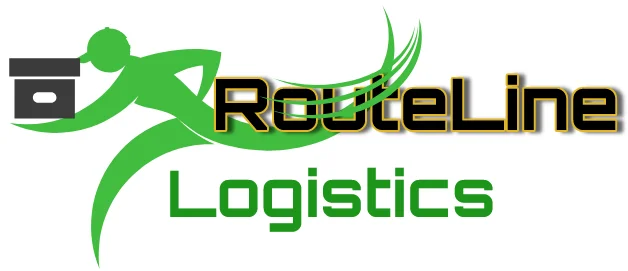Understand the pathways to achieving carbon neutral shipping operations through renewable energy, efficiency improvements, and offset programs.
**Emissions Measurement and Baseline**
Accurate carbon footprint measurement establishes the baseline for neutrality efforts. Comprehensive assessments include Scope 1 (direct emissions), Scope 2 (electricity), and Scope 3 (supply chain) emissions. Transportation typically represents the largest emission source in logistics operations.
**Efficiency Improvements**
Operational efficiency improvements provide the most cost-effective emissions reductions. Route optimization, vehicle maintenance, driver training, and load optimization can reduce emissions by 15-30%. These improvements often generate immediate cost savings while reducing environmental impact.
**Renewable Energy Adoption**
Transitioning to renewable energy for facilities and operations significantly reduces carbon footprint. Solar installations, wind power contracts, and renewable electricity purchasing can eliminate facility-based emissions. Many companies achieve 50-80% emissions reduction through renewable energy adoption.
**Alternative Fuel Vehicles**
Electric, hydrogen, and biofuel vehicles reduce transportation emissions. Fleet electrification can eliminate 60-80% of vehicle emissions, while alternative fuels provide solutions for long-haul applications where electrification is not yet viable.
**Carbon Offset Programs**
High-quality carbon offsets compensate for remaining emissions that cannot be eliminated through operational improvements. Verified offset programs include reforestation, renewable energy projects, and methane capture initiatives. Offset quality and additionality are critical for credible neutrality claims.
**Supply Chain Engagement**
Engaging suppliers and partners in carbon reduction efforts amplifies impact beyond direct operations. Supplier sustainability programs, collaborative efficiency initiatives, and shared reduction targets create comprehensive carbon neutral supply chains.
**Verification and Reporting**
Third-party verification ensures credible carbon neutral claims. Regular monitoring, reporting, and verification maintain transparency and accountability. Standardized reporting frameworks enable consistent measurement and communication.
**Business Benefits**
Carbon neutral operations often reduce costs through efficiency improvements and provide competitive advantages through enhanced brand reputation and customer preference. Many companies report positive ROI from carbon neutrality investments.
Carbon neutrality is becoming a business imperative as customers, investors, and regulators increasingly demand environmental responsibility from logistics providers.
